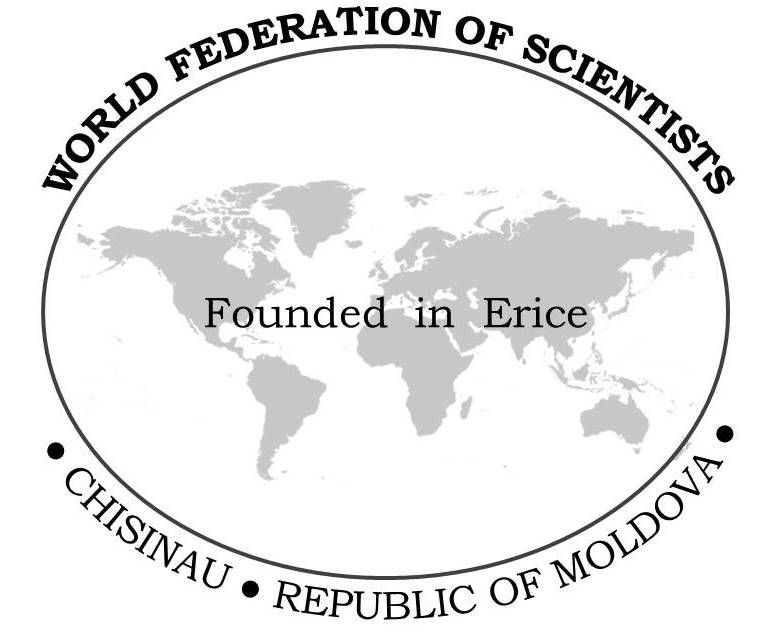- 83 views
Science Reform in Moldova, A Stony Path to Progress and European Integration
This perspective reflects concerns about the negative impact of governmental reform on the scientific and research sector in the Republic of Moldova. The mentioned reform included changes in science funding, academy activities, university absorption, and the reorganization of research institutions, as well as modifications in scientific and educational policy, which could undermine the country's research and development capacity.
The negative impact of these reforms is visible through the reduction of research budgets, excessive centralization or fragmentation of the scientific system, which can lead to decreased efficiency and innovation.
Moreover, inadequate policies may accelerate the "brain drain" phenomenon, where talented researchers leave the country in search of better opportunities abroad, thus diminishing the available intellectual capital for national scientific progress.
To counter these negative trends, it is crucial to review and adapt scientific and research policies to encourage innovation, support research institutions, and invest in human resource development. It is important to note that a vibrant scientific community and a developed research sector are essential for the economic and social advancement of any nation.
It is essential for the government, academic sector, and private sector to collaborate to create an environment conducive to scientific development, allowing Moldova to overcome current challenges and build a prosperous future through innovation and research.
The process of integrating the Republic of Moldova into the European Union imposes high standards in terms of scientific research and innovation. The EU's requirements for national research are actually a catalyst for the modernization and internationalization of the Moldovan scientific system. This involves a series of adaptations and improvements in several aspects.
First is the number of impact factor articles. The European Union places special emphasis on publishing research results in high-quality, internationally recognized scientific journals. For Moldova, this means an orientation towards quality research that is recognized and valued internationally.
Second is the number of patents filed in the EU. Innovation and intellectual property protection are essential for competitiveness. Moldova needs to encourage inventors and researchers to file patents for their innovations not just nationally, but also in the EU, contributing to closer integration into European innovation networks.
Third is the share of funding for fundamental research. Adequate funding is vital for fundamental research, which is the basis of technological innovations. Aligning with EU standards entails increasing investments in research, both from the state budget and through attracting European and international funds.
Last but not least is the use of high-performance equipment. State-of-the-art equipment is indispensable for conducting cutting-edge research. The EU emphasizes modern research infrastructure, and Moldova needs to invest in updating and equipping laboratories to ensure the production of competitive knowledge at the international level.
The indicator of the number of PhDs in science is important. Here, we are at the bottom of the EU countries. Training qualified human resources, especially in the fields of natural sciences and engineering, is essential. Moldova must focus on doctoral and post-doctoral programs, offering opportunities for scientific career development and international collaboration.
National scientific priorities must be aligned with those of the EU. To contribute to economic development, education, culture, business, and science, Moldova must align its scientific priorities with the strategic objectives of the European Union. This involves focusing on key areas such as digital technologies, the ecological transition, public health, and food security.
Integration into the EU offers Moldova a unique opportunity to modernize and internationalize its scientific research. This process requires sustained efforts, strategic investments, and close collaboration with European partners. By meeting these demanding requirements, Moldova will not only advance on the path to European integration but will also contribute to the sustainable development of its society.
Without appropriate support for science, including a consistent increase in funding for this sector to 1-2% of the Gross Domestic Product (GDP), the Republic of Moldova's accession to the European Union remains a distant prospect. Many of the current statements and speculations, propagated by Moldova's political structures, turn out to be rather illusory in the absence of a firm commitment and concrete actions towards supporting scientific development.
It is crucial for Moldova to prioritize investments in research and development as an essential pillar for its economic and social progress, and as a sine qua non condition for integration into European structures.
Acad., Prof. Gheorghe Duca,
President of the Academy of Sciences of Moldova, 2004-2018

